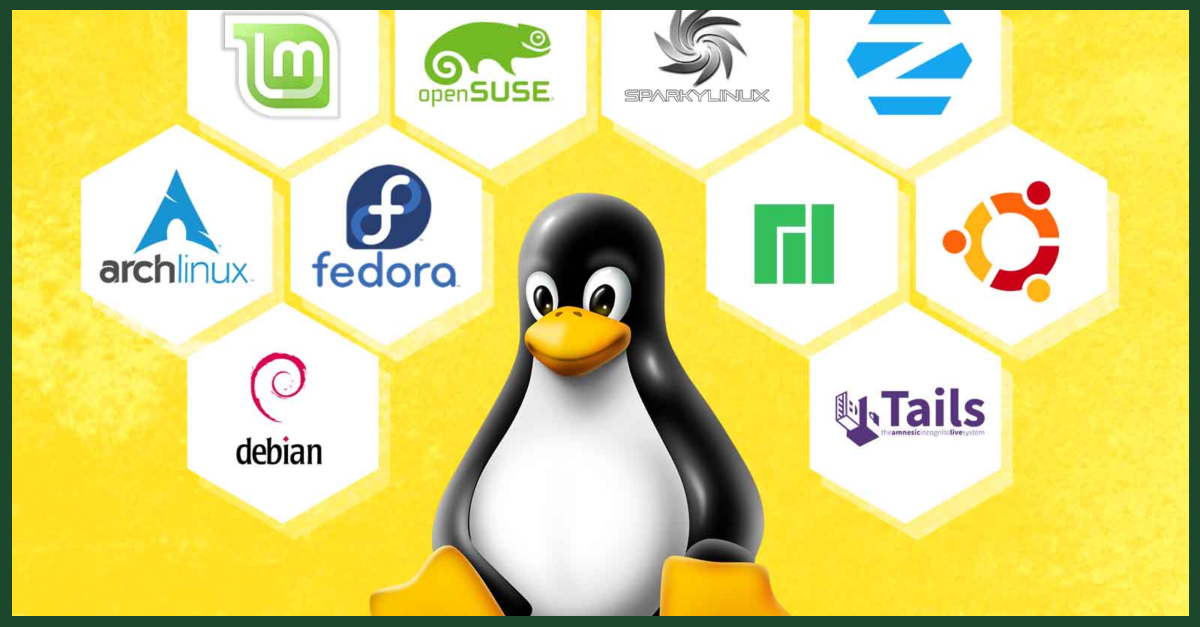One of the most important aspects of our Linux server management service is operating system patching. With Windows, Microsoft has made this trivial by means of the Windows Update utility. Microsoft is the single source of the patches, and assuming that the patches install correctly, things are pretty seamless.
However, in the Linux world, things are much more complex. Different Linux distributions have separate package managers (deb or rpm). Those packages could come from multiple software update repositories. Those software repositories are then structured in such a way that only a specific utility can easily fetch the update (yum, apt, up2date). Once you have the updates, how do you then distribute them to all of the servers on your network?
I’ve written a howto that outlines all the steps needed to distribute updates for the following distributions:
– Redhat Enterprise 4
– Ubuntu 9.10 / 10.10
Would you like to see how an update server is built for any other distributions? Let me know!
Stay tuned to our blog for tips on other infrastructure support services that we provide.
Michael Solinap
Sr. System Integrator







